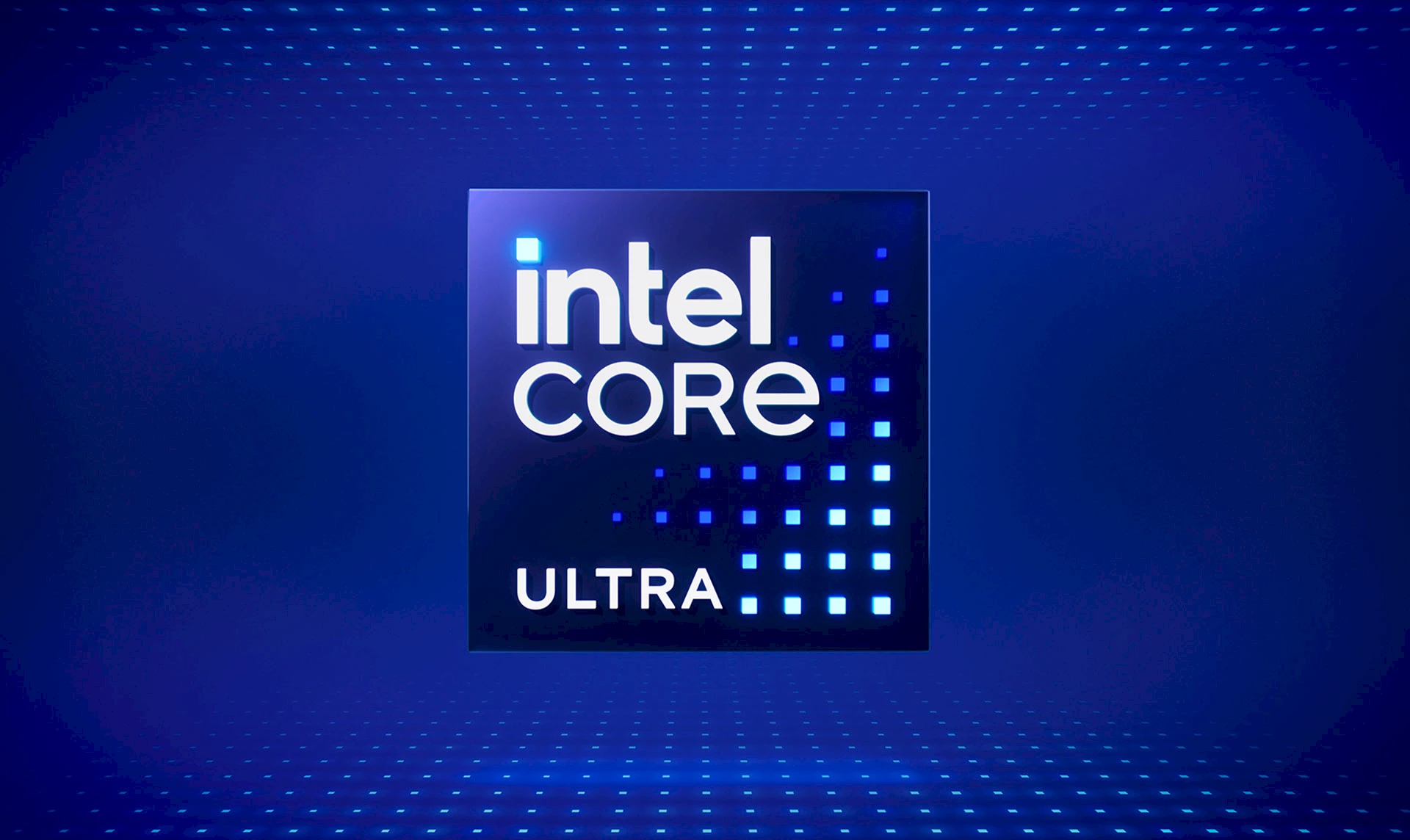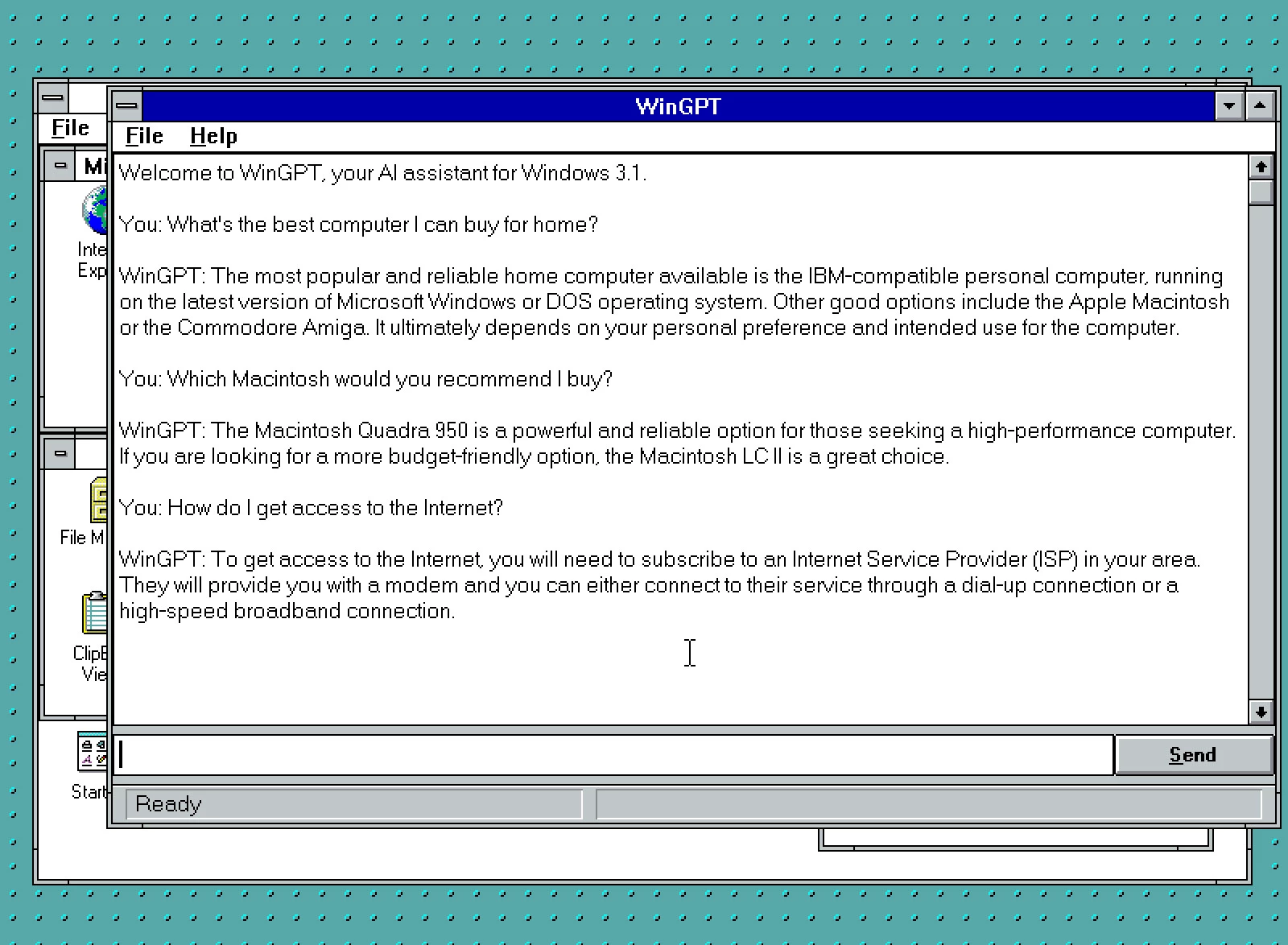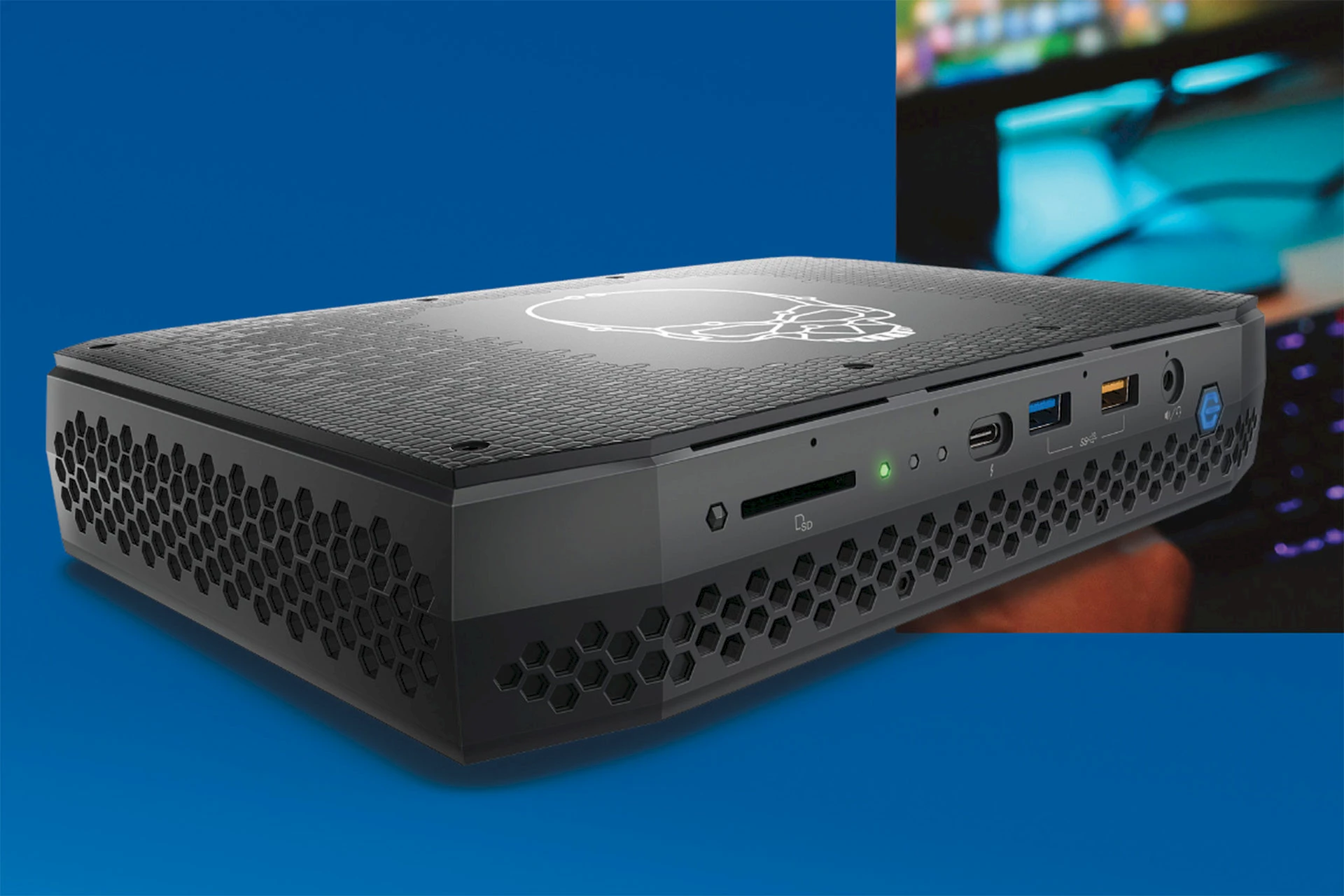Spiria Tech Recap - № 377 - Microsoft Cloud exploit, ChapGPT on Windows 3.1, the end of Intel NUCs, etc.

Drop the i in i3, i5, i7 and i9

Intel® Core™ Ultra.
There’s no room for “i” in Core 3, Core 5, Core 7 and Core 9! With the appearance of the Meteor Lake 14th Gen Core chips, Intel dropped the “i” from its star lineup. Intel is also getting away from mentioning Generation alongside each Core series. So don’t hold your breath for an official 14th or 15th Gen Core series. Instead, upcoming Core chips will just feature a processor number, such as “Intel® Core™ 5 processor 14900K.” If you look closely, however, you’ll notice that the first two numbers indicate the generation. Also in the lineup, a Core Ultra processor for high-end models in each tier. Will this reshuffling make it easier to keep all the CPU series straight? Names such as “Intel® Core™ Ultra 5” give pause, despite what Intel’s marketing people say. Paul Alcorn at Tom’s Hardware points out that this new nomenclature is reminiscent of AMD’s Ryzen processors. Wait and see…
⇨ PCMag, Michael Kan, “No more i3, i5, i7? Intel’s overhauling how it names its desktop and laptop CPUs.”
⇨ Tom’s Hardware, Paul Alcorn, “Intel’s new Core Ultra branding drops the i, looks like AMD's Ryzen branding.”
2023-06-15
A ChatGPT client for… Windows 3.1

ChatGPT on Windows 3.1. Crédit dialup.net.
Retrocomputing hobbyists will get this. The anonymous developer behind Windle, the Wordle clone that runs on Windows 3.1, created an application to use ChatGPT on this operating system, launched over thirty years ago, mind you. “I didn’t want my Gateway 4DX2-66 from 1993 to be left out of the AI revolution, so I built an AI Assistant for Windows 3.1, based on the OpenAI API,” says the developer in a Hacker News thread.
The main challenge stemmed from the fact that there is no 16-bit library to manage the encrypted TLS 1.2 connections, an essential feature for communicating with OpenAI servers. Yeo Kheng Meng, publisher of a ChatGPT client for MS-DOS, pulled it off with a proxy that runs on a more modern system and provides on-the-fly decryption of HTTPS data. The WinGPT developer went down another path with the creation of a 16-bit port of the WolfSSL library that supports TLS 1.2 and 1.3 connections natively in Windows 3.1. Written in C, WinGPT is compatible with all 16- or 32-bit versions of Windows 3.1, but does not work natively on 64-bit versions. If you’re lucky enough to have a Windows 3.1 computer that still works, you can download WinGPT here. You can also use Wine if you’re on Linux or macOS.
⇨ Ars Technica, Andrew Cunningham, “Person who made the Windows 3.1 port of Wordle is back with a ChatGPT client.”
2023-06-26
Developers make room for AI on their desks

© iStock.
Stack Overflow website’s yearly survey of its large user community shows that 77% of developers favor using AI in their workflow, and 70% of them already use or plan to use AI-based tools starting this year. As to the quality of the results, they remain skeptical. A mere 3% responded that they “highly trust” the AI-based coding tools, while 39% said they “somewhat trust” them. For 33% of respondents, it’s about increasing productivity. Ninety thousand responses flooded in from 185 countries, according to Stack Overflow.
Meanwhile, Stack Overflow is trying to control the clutter of AI-generated content that’s choking out its own community-created knowledge database. In December, the company temporarily banned AI-generated content, only to backtrack in May. Some discontent within the user community sprouted up when the company announced it was leaving it to moderators to sort the wheat from the chaff.
⇨ The Verge, James Vincent, “Stack Overflow survey finds developers are ready to use AI tools — even if they don’t fully trust them.”
2023-06-13
Intel folds its mini-PC series

NUC 11 Enthusiast, a gaming mini-PC. © Intel.
Since 2012, Intel has been designing and selling its own mini-PC house brand under the name NUC (Next Unit of Computing). However, The Verge reports that according to Intel spokesperson Mark Walton, the company has moved to axe this series of products. Walton says that Intel has “decided to stop direct investment in the Next Unit of Computing Business and pivot its strategy to enable ecosystem partners to continue NUC innovation and growth.” Reading between the lines, Intel could still choose to collaborate with partners to produce NUCs or similar products. Furthermore, Intel promises to continue supporting NUC products currently in use.
The first NUC, sold in 2012 for 399 USD, looked like a Mac Mini and was equipped with an Intel Core i3 processor. Over the years, Intel produced more robust models, some of which were geared to gaming. NUCs were meant to emulate the speed, size and low energy use of an Ultrabook but for office computing, replacing big and ugly desktops with something much sleeker. One is tempted to draw a direct link between Intel’s decision to discontinue and its recent financial woes, with the company going through some challenging times after the pandemic-induced PC boom came to an abrupt halt. It also announced in April that it would divest its prebuilt server business.
⇨ Ars Technica, Andrew Cunningham, “No more NUC: Intel’s weirdly named mini PCs seem to be going away.”
2023-07-11
Big breach in Microsoft’s cloud

© iStock.
Microsoft announced that starting May 15, a China-based group of hackers named Storm-0558 infiltrated an unspecified number of email accounts. The intent was most likely to collect information from approximately 25 organizations, including Western Europe and US government agencies. According to the Washington Post, the US government first detected the attack and alerted Microsoft. “Officials immediately contacted Microsoft to find the source and vulnerability in their cloud service,” explained National Security Council spokesperson Adam Hodges. The group, which used forged authentication tokens to access the breached email accounts, went unnoticed for a month until Microsoft started its investigation on June 16 on the basis of “customer-reported information.” Microsoft states it has strengthened security by adding “substantial automated detections” that give the alert when an attack takes place, and it is currently working with the Department of Homeland Security’s cyber defense agency to protect the users whose accounts were targeted.
⇨ The Verge, Jess Weatherbed, “Chinese hackers breached US government emails via Microsoft Cloud exploit.”
⇨ Ars Technica, Andy Greenberg, “How a cloud flaw gave Chinese spies a key to Microsoft’s kingdom.”
2023-07-13
